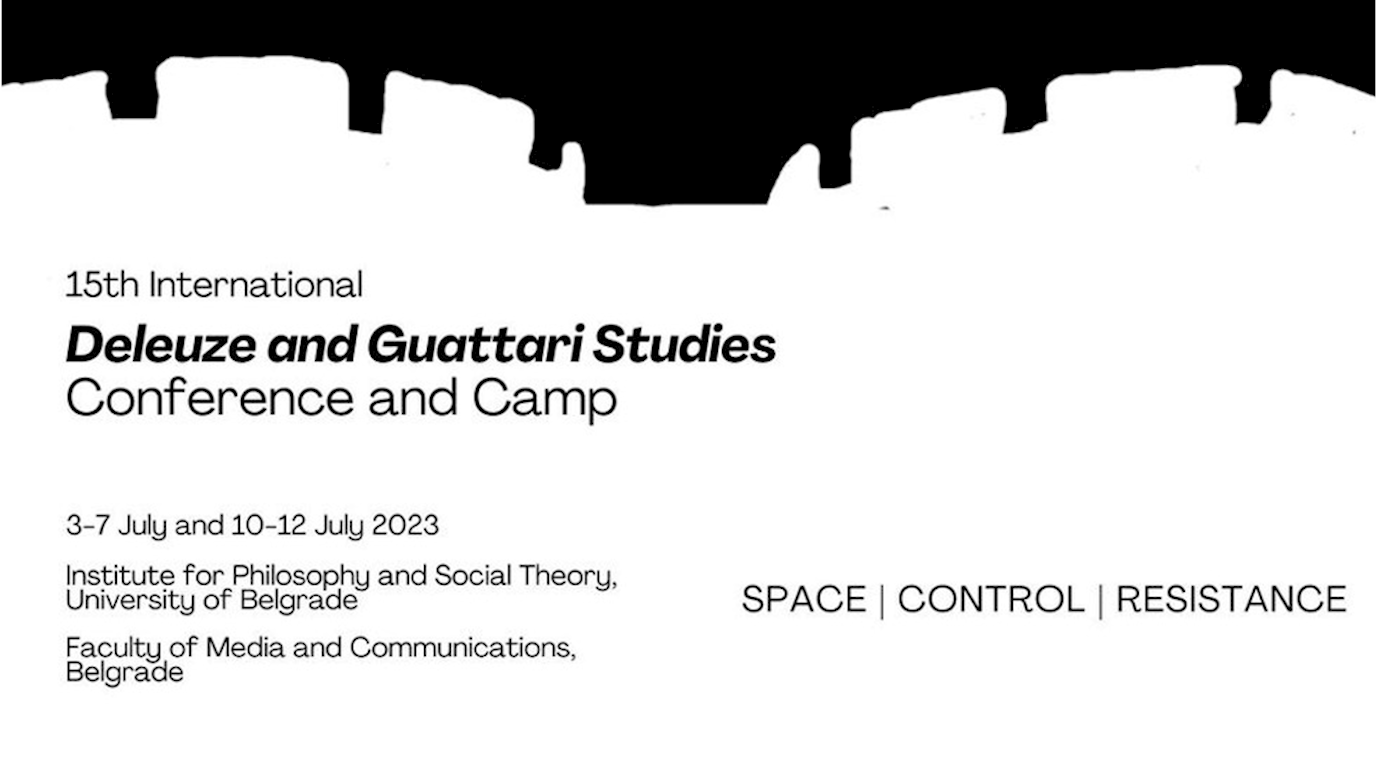The 15th International “Deleuze and Guattari Studies Conference” was organized by the Institute of Philosophy and Social Theory in cooperation with the Faculty of Media and Communications, the University of Belgrade and the University of Plymouth and took place in Belgrade between 10-12 July 2023.

Dr Marneros’ paper argued that the conceptual persona of the nomads, as this is developed by Deleuze & Guattari, shares striking resemblances with the figure of the pirate – at least, with the way that this was shaped in the imaginary of the western societies. The pirates were (and, perhaps, are) for the state apparatus and its law the outsider par excellence, a miasma and transgressor which needed to be hunted down and exterminated before it manages to infect the “good citizens” with its immorality, brutality and complete ignorance of a sense of duty. Thus, the state literature often portrays the pirate as a drunkard, a rapist and a traitor – in short, the very personification of evil. On the other hand – and despite the fact that the pirates, their traditions, aims and beliefs remain a mystery – radical literature (Wilson, 1995; Graeber, 2023) argues that the figure of the pirate could be an interesting one in an effort to rethink our ways of existing beyond the current oppressive status apparatus, towards an anarchic mode of being. In particular, the pirate code could be seen as a form of nomos that creates and recreates the ways modes of coexistence which oppose the hierarchical structures of the law by “haunting the seas” (Goodrich 2017) and mocking state’s jurisdiction, thus questioning its omnipotence. The paper focusing on the figure of the pirate, its resemblance to the Deleuzian nomad and how the pirate code opposes the law of the state, aims to ponder on a potentiality of existing beyond the capture of the state apparatus.
























